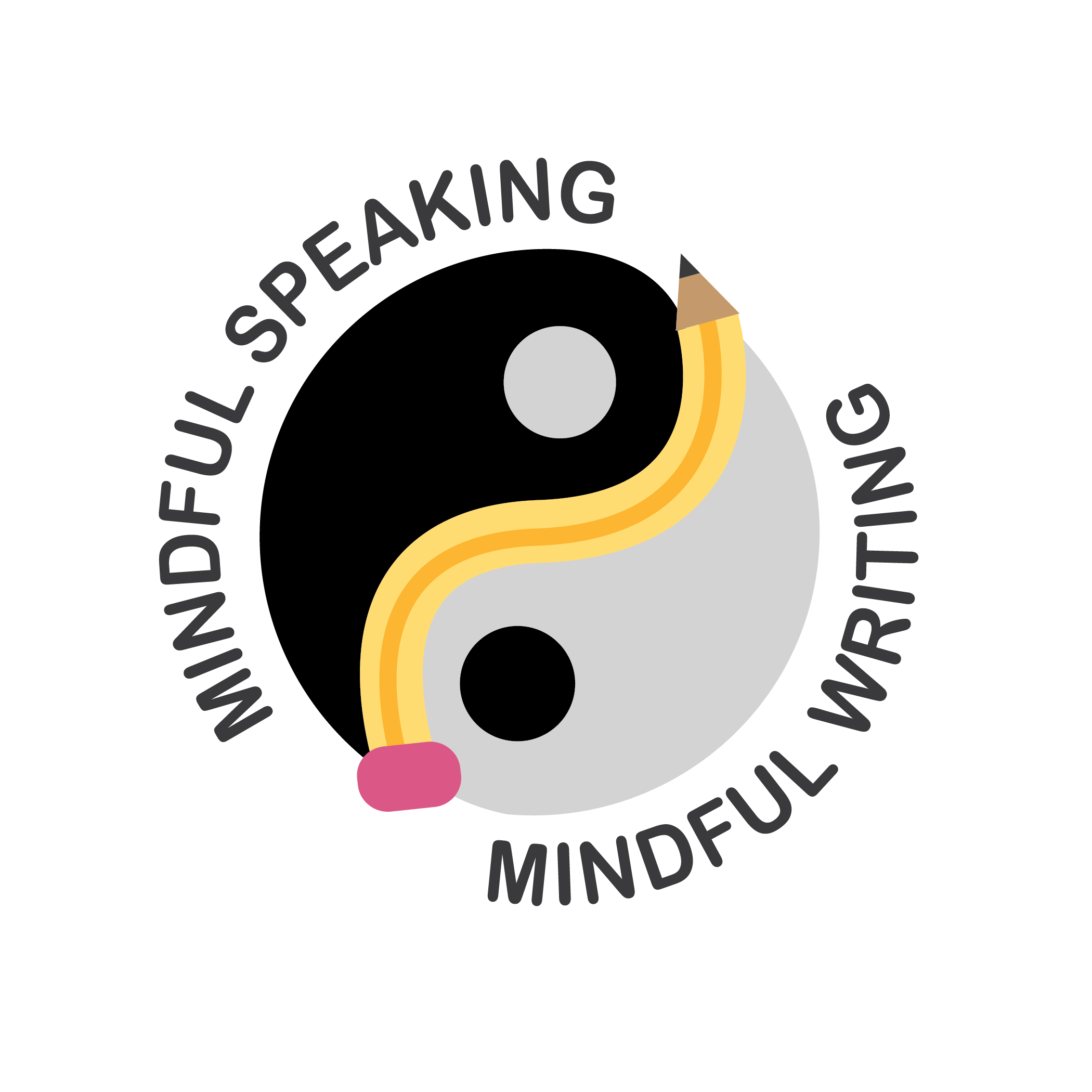
The best path to better conversation is to be Mindful. Mindful Conversation does not mean sitting on a mountain top, meditating! In fact, it has very little to do with meditation, although attitudes associated with meditation, such as inner peace and presence in the moment, are definitely part of the approach. So, if it’s not meditation, what does it mean to be mindful in conversation?
Mindfulness
Much of the focus in mindfulness has to do with awareness. What are you paying attention to? If you’re searching your cell phone as you engage in conversation, that is not mindfulness. If you’re thinking about what to cook for dinner tonight, that is not being mindful. Or perhaps you’re thinking about the story that someone is telling, thinking about the story you’re going to tell as soon as you can get the attention back on you. That is closer in time, but not good enough. To be mindful in conversation means to be focused on the present moment, on your conversation partner, what message is being sent and what is being received. To see a more complete discussion of this term, see the Introductory chapter of my book, Mindful Conversation: Speak Openly, Listen Deeply. With Anyone, Anytime available free on my web site home page https://petergibb.org
Better Conversation uses the Values of Mindfulness
Being mindful in conversation also infers a set of values. It is not just what you are focused on, but it is how you approach whatever is in your awareness. Mindfulness means that you come from a place of compassion and nonjudgmentalism, that you acknowledge the moment for what it is, even as you may wish to change it in some way. Imagine that you are talking with your spouse, who is going on about something that happened at work. Maybe you are feeling irritated, you’ve heard this story before. Nonjudgmentalism and compassion would indicate that, as long as you are in conversation with him, you try to understand what he is saying and why this is important to him. You listen, openly. It does not mean that you ignore your needs and listen all day. But while you are listening, you do exactly that — without judgment and with empathy.
Aspirational Mindfulness
I have been working at becoming a Mindful Conversationalist for 40 years. It has served me well, giving me so much joy, good friendships, achievements that I could never have realized without the practice. I am still far from perfect. I make frequent blunders, Mindful Conversation is a lifelong journey of growth and unfolding. Perfection is not on the map. It doesn’t need to be. I treat myself with the same kind of nonjudgmentalism and compassion with which I approach my conversation partners. It works well.
The Literature of Mindfulness
Mindfulness was once a black box in the west, a term that conjured up only saffron robed monks on a hilltop in Tibet. It has now become widely accepted in the west, and is taught and practiced in schools, hospitals, businesses, in government and in the military. It has become a part of every kind of healing. This web site and this blog will show how it can be an integral part of conversation. The literature of mindfulness is now vast. One of the first, groundbreaking books on the subject was Jon Kabat-Zinn’s Full Catastrophe Living. https://www.amazon.com/Full-Catastrophe-Living-Revised-Illness-ebook/dp/B00C4BA3UK/.
What are your favorite books on Mindfulness? How do you use Mindfulness practices in your conversation? I’d love to hear from you.

Connect With Me